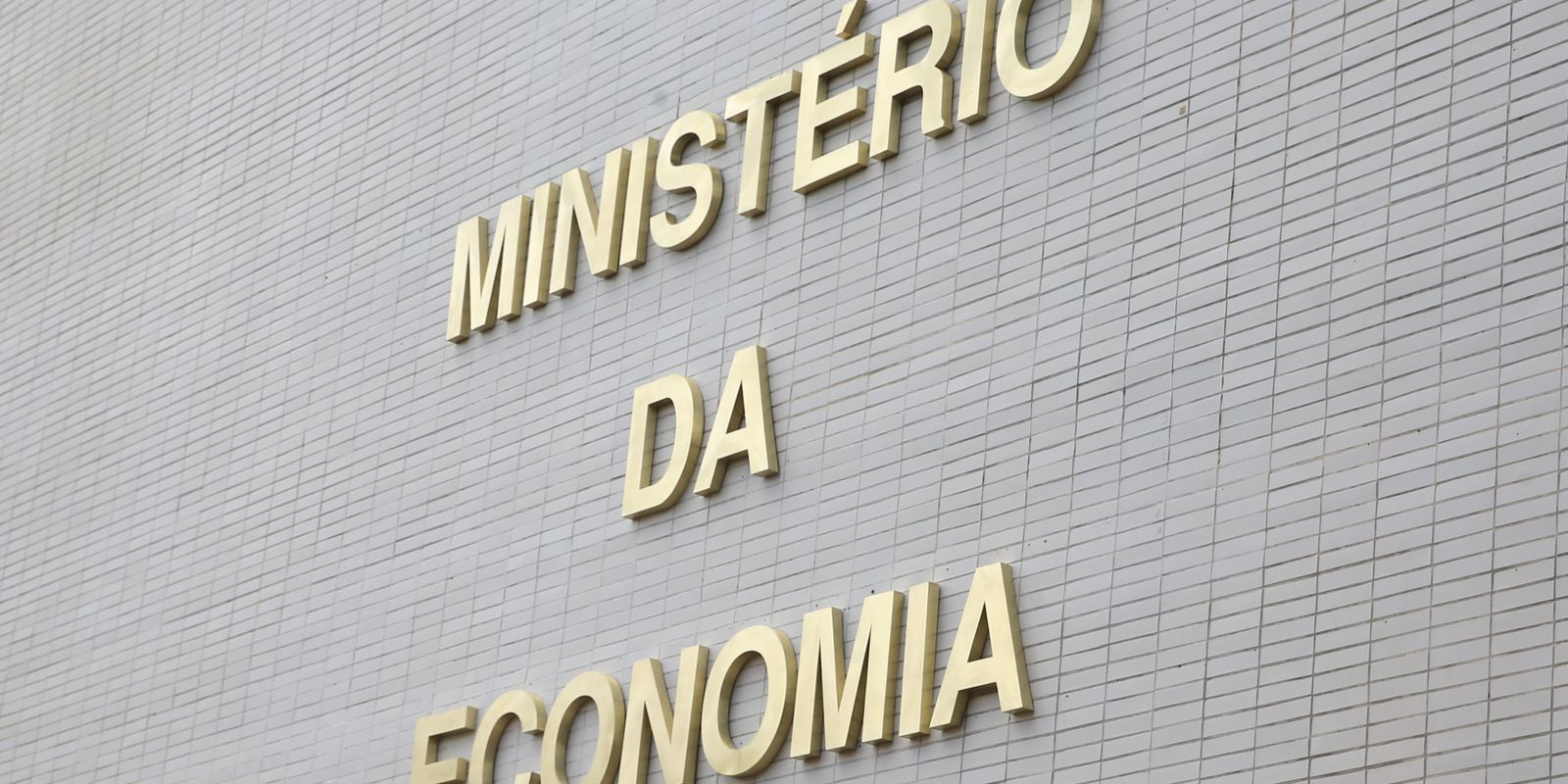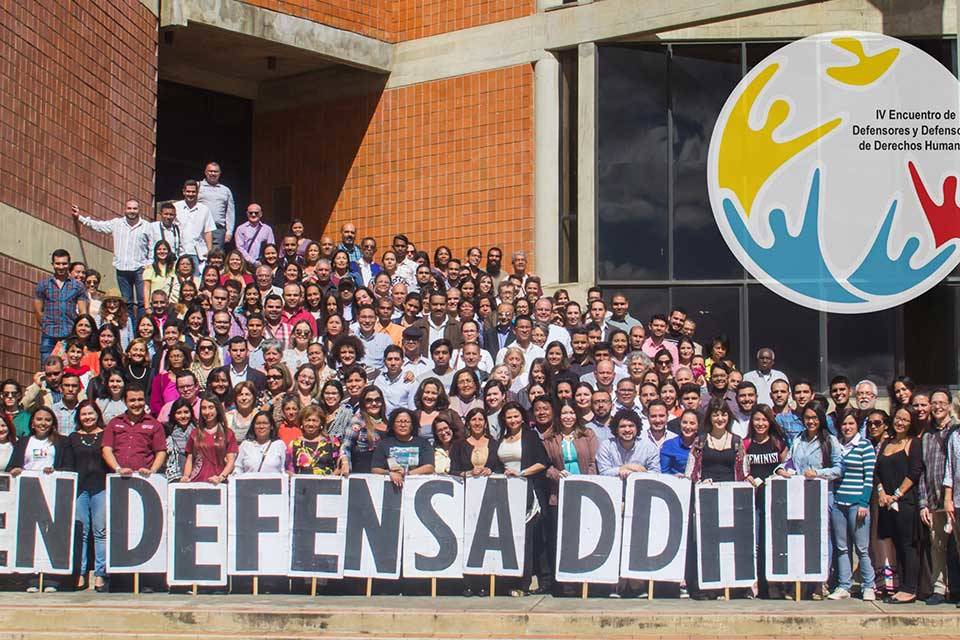The president of Fiat Argentina, Martín Zuppi, affirmed this Thursday that the automotive sector works “with clear rules” and that beyond the responsibility of balancing the commercial balance of each terminal, the industry faces difficulties in supplying parts “more due to lack of availability of suppliers than due to import problems”.
Zuppi referred to the panorama of the automotive sector in a meeting with journalists on the occasion of the commercial launch of the new Fiat Pulse, a B-segment or compact SUV, produced in Brazil, with which it will complete the product portfolio of the brand that is part of the Stellantis automotive group.
The group has been integrated since the beginning of last year by the merger of the Italian-American Fiat Chrysler Automobiles and the French Groupe PSA, for which it participates in the local market with a variety of brands such as Fiat, Peugeot, Citroën, Jeep, DS and Ram, among other.
“Each supplier has a different situation and there are many problems with foreign auto parts companies that have their own difficulties in their plants, due to shortages of raw materials or components that cannot be replaced, as in the case of semiconductors”Martin Zuppi
Zuppi highlighted that Stellantis forecasts for this year a production of 160,000 units in the local market, with a growth of 33% compared to 2021, and exports of 92,000 vehicles with a year-on-year increase of 84%.
This performance is explained by the growth in local and foreign sales of the Fiat Cronos produced at the Córdoba plant, a sedan that was the best-selling sedan in Argentina last year and so far in 2022. Added to this production is the Peugeot 208 manufactured at the El Palomar plant, in the province of Buenos Aires.
“There is a balance stipulated for each of the terminals that we define with the Government, and as businessmen we work in the reality in which we are and the rules of the game are very clear. We understand what we have to play at and that production and export it is the channel of the future,” said the manager, referring to the complaint made by members of Adefa about the difficulties of importing parts.
“From a production in 2020 of 50,000 units, the group expects to go to 160,000 this year and in the same magnitude with the exports of 18,000 vehicles produced two years ago, we see a 2022 with 92,000 units shipped to other markets”Martin Zuppi
In this regard, and without referring to the particular situations of the rest of the automakers that operate in the country, Zuppi pointed out: “The balance improves year after year, and as a company we have the obligation to nationalize parts and have more local content and we have the obligation to be more competitive to put products abroad, to be able to export more and improve that balance, and all the terminals work in this direction that will allow that balance”.
“As terminals -he added- we are not interested in having deficit balances, but rather in being able to work with a growing productive development in the country and with the rules of the game that we have”.
For the president of Fiat, “each supplier has a different situation and there are many problems with foreign auto parts companies that have their own difficulties in their plants, due to lack of raw materials or components that cannot be replaced, as in the case of semiconductors.”
“At the Ferreira plant in Cordoba, we are studying the possibility of expanding to a second shift to complete the current one, which is working at full capacity, but the decision does not necessarily depend on an increase in production, but on the availability of parts, which is not a problem of importing certain parts but of availability to increase volumes,” he added.
“No one wants to stop producing in Argentina and we are responsible for producing and exporting in order to bring in foreign currency and improve the situation of the company, the workers and the country.Martin Zuppi
With a forecast of 400,000 units sold by 2022, Zuppi analyzed that “today there is a market with high demand and with less supply than can be expected, so there is the possibility of growing a little more. The great job is that the offer can be supplied mainly by local products, in a percentage of participation that continues to grow year after year”.
“If we see a greater reaction from suppliers that allow us to increase production volumes, we will see opening a second shift,” he said.
However, In cases where delays in import authorization can be noticed, Zuppi said that “a relaxation in the standard will help everyone improve production volumesthere is no solution on the table, but there is a joint effort”.
“Nobody wants to stop producing in Argentina and we are responsible for producing and exporting in order to bring in foreign currency and improve the situation of the company, the workers and the country,” he asserted, referring to the dialogue with the Government due to the current situation of availability of foreign exchange.
Despite the specific difficulties that today are not causing problems in the production lines that work ‘just in time’ with their auto parts suppliers, he assured, Zuppi noted that “in the case of Stellantis production has skyrocketed from 2020 to the present.”
“From a production in 2020 of 50,000 units, the group plans to go to 160,000 this year and in the same magnitude with the exports of 18,000 vehicles produced two years ago, we see a 2022 with 92,000 units shipped to other markets,” he specified.
In the case of Fiat, the volume of production this year will be 83,000 units at the Córdoba plant; and 76,000 Peugeot units in El Palomar, while projected exports will be 47,000 and 45,000 cars, respectively.








